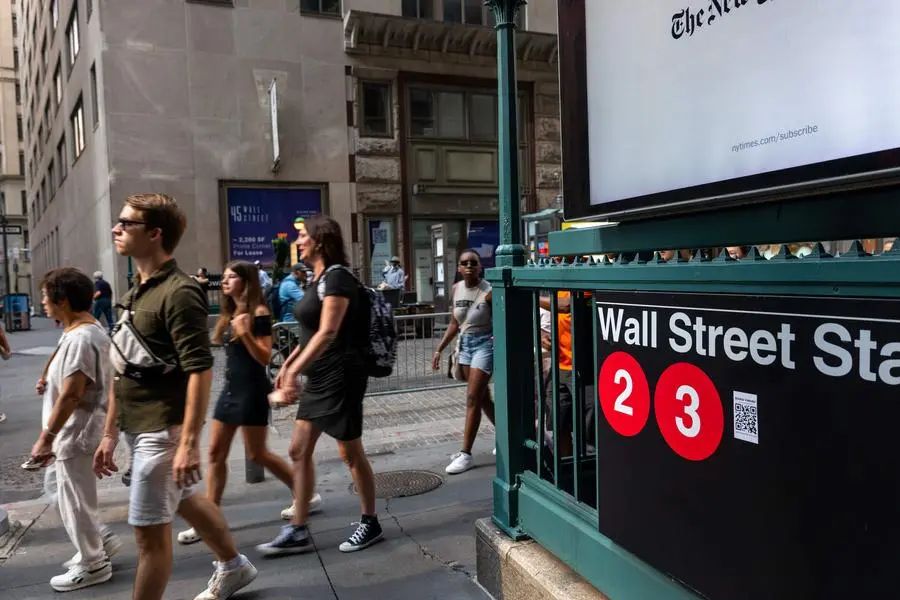PHOTO
Consumer confidence in the United States rose slightly in August, according to survey data published Tuesday, beating expectations and extending a recent increase in optimism.
The Conference Board's consumer confidence index inched higher to 103.3 in August, up slightly from a revised figure of 101.9 a month earlier.
This was comfortably above market expectations, according to Briefing.com.
The modest rise is likely to be well-received by US vice president Kamala Harris, who is running against former president Donald Trump in November's presidential elections.
The two candidates have looked to talk up their respective economic records, with the cost of living and inflation playing a major role in the campaign.
"Overall consumer confidence rose in August but remained within the narrow range that has prevailed over the past two years," Conference Board chief economist Dana Peterson said in a statement.
"Consumers continued to express mixed feelings in August," she added. "Compared to July, they were more positive about business conditions, both current and future, but also more concerned about the labor market."
Last month's US jobs report came in well below expectations, setting off a brief fall in US stock markets and raising fears of recession.
However, markets stabilized almost as rapidly as they had fallen, and monetary policymakers have stressed that the US labor market remains relatively strong by historical standards.
"Consumers' assessments of the current labor situation, while still positive, continued to weaken, and assessments of the labor market going forward were more pessimistic," Peterson said.
Consumer confidence declined for people under the age of 35, although young people remained the most optimistic age group, according to Peterson.
But there was a disparity based on income, with consumers earning more than $100,000 a year feeling the most confident, and those on salaries of less than $25,000 noting a decline.
Inflation expectations dropped to 4.9 percent in August, their lowest level since the onset of the Covid-19 pandemic in March 2020.
Consumer expectations of higher interest rates in the next 12 months fell for the third consecutive month, hitting the lowest level since February this year.





















